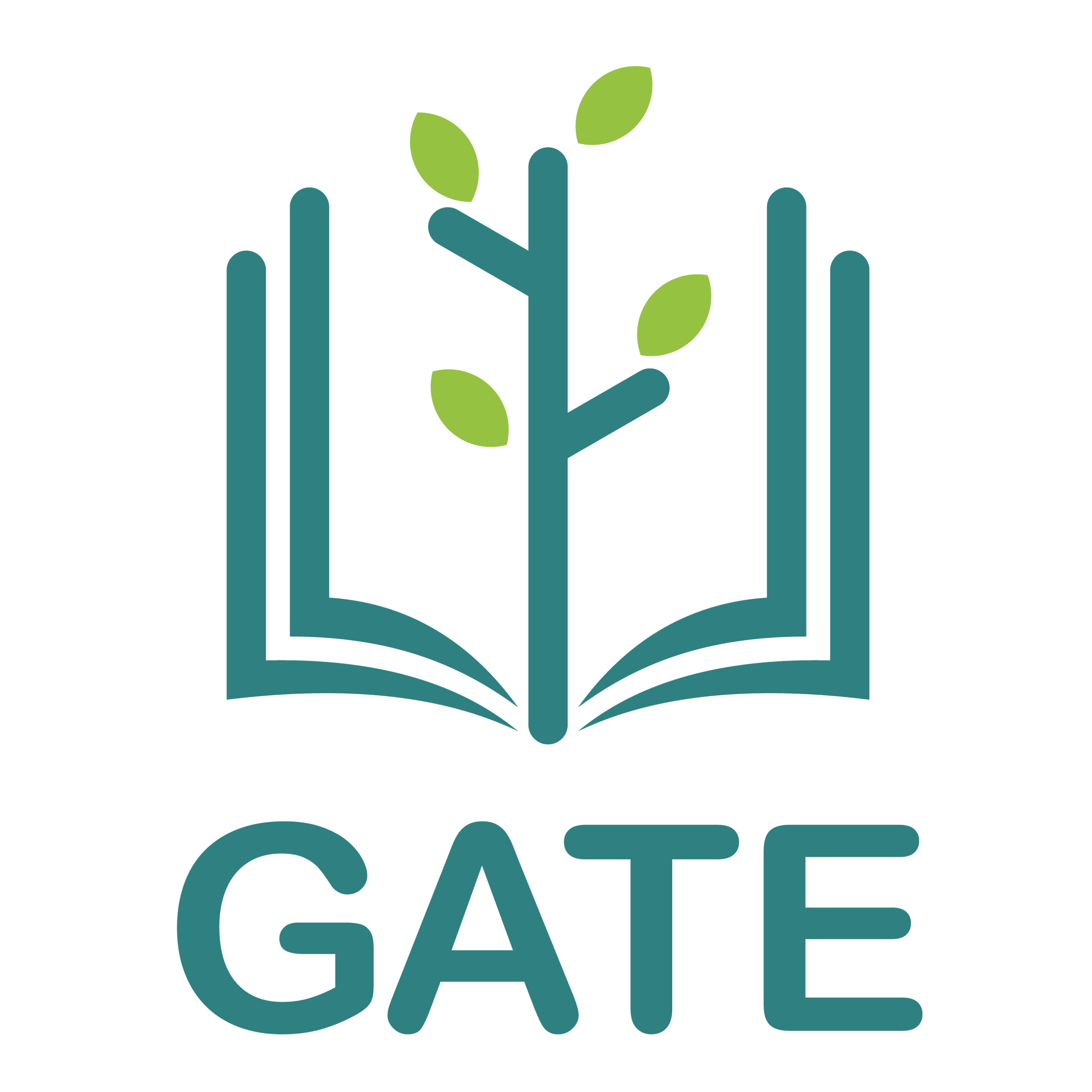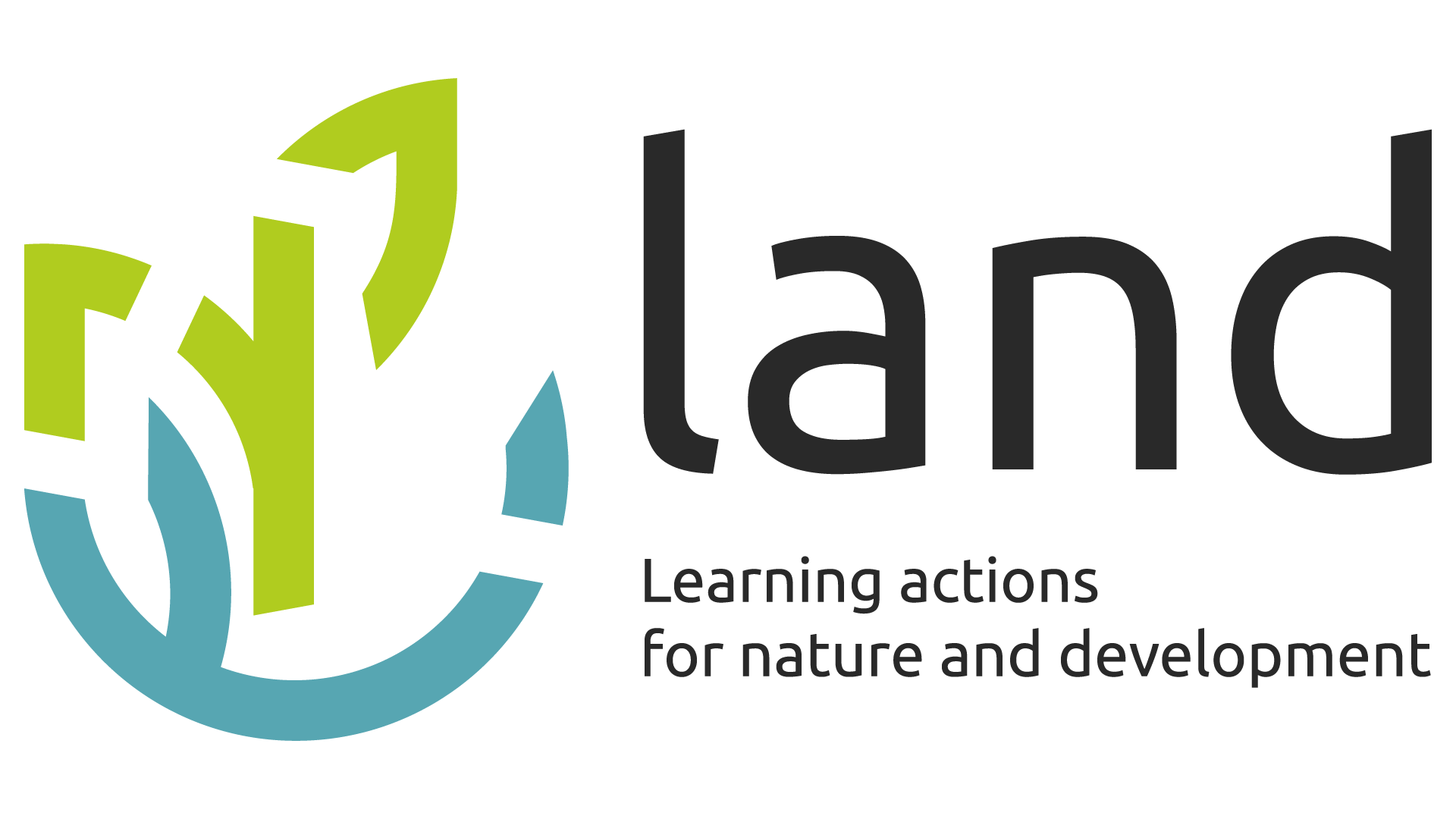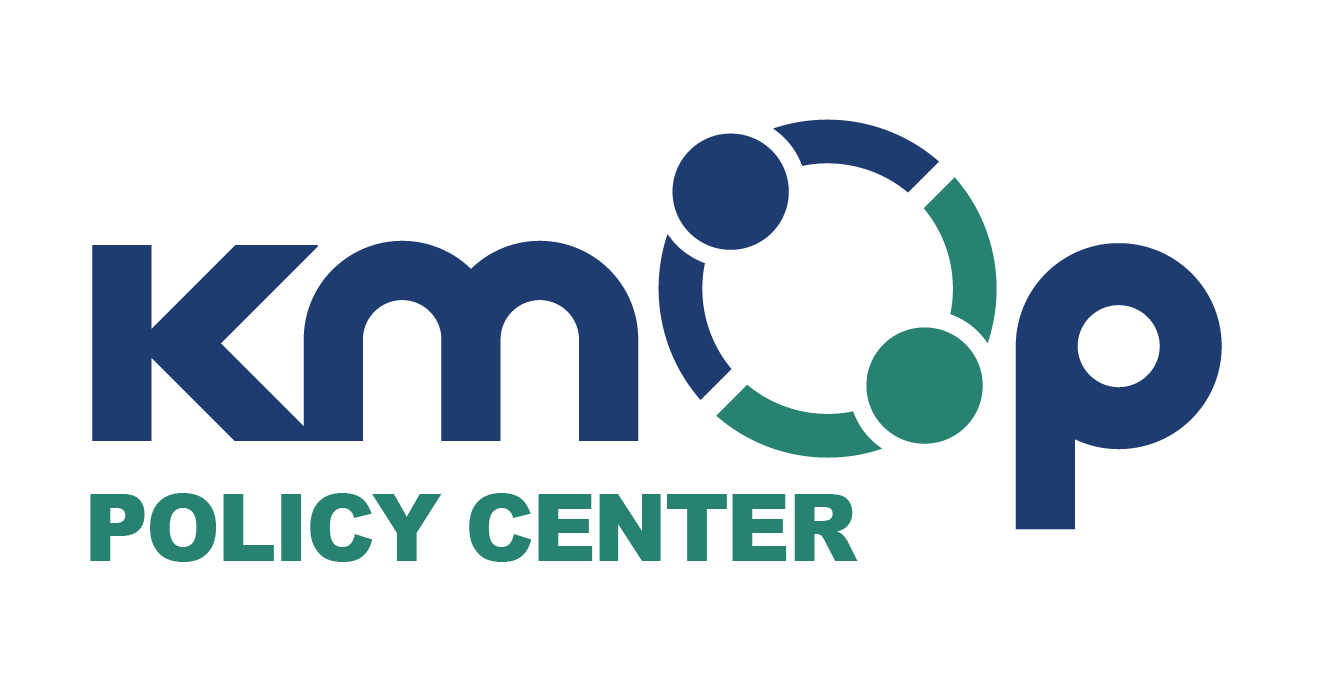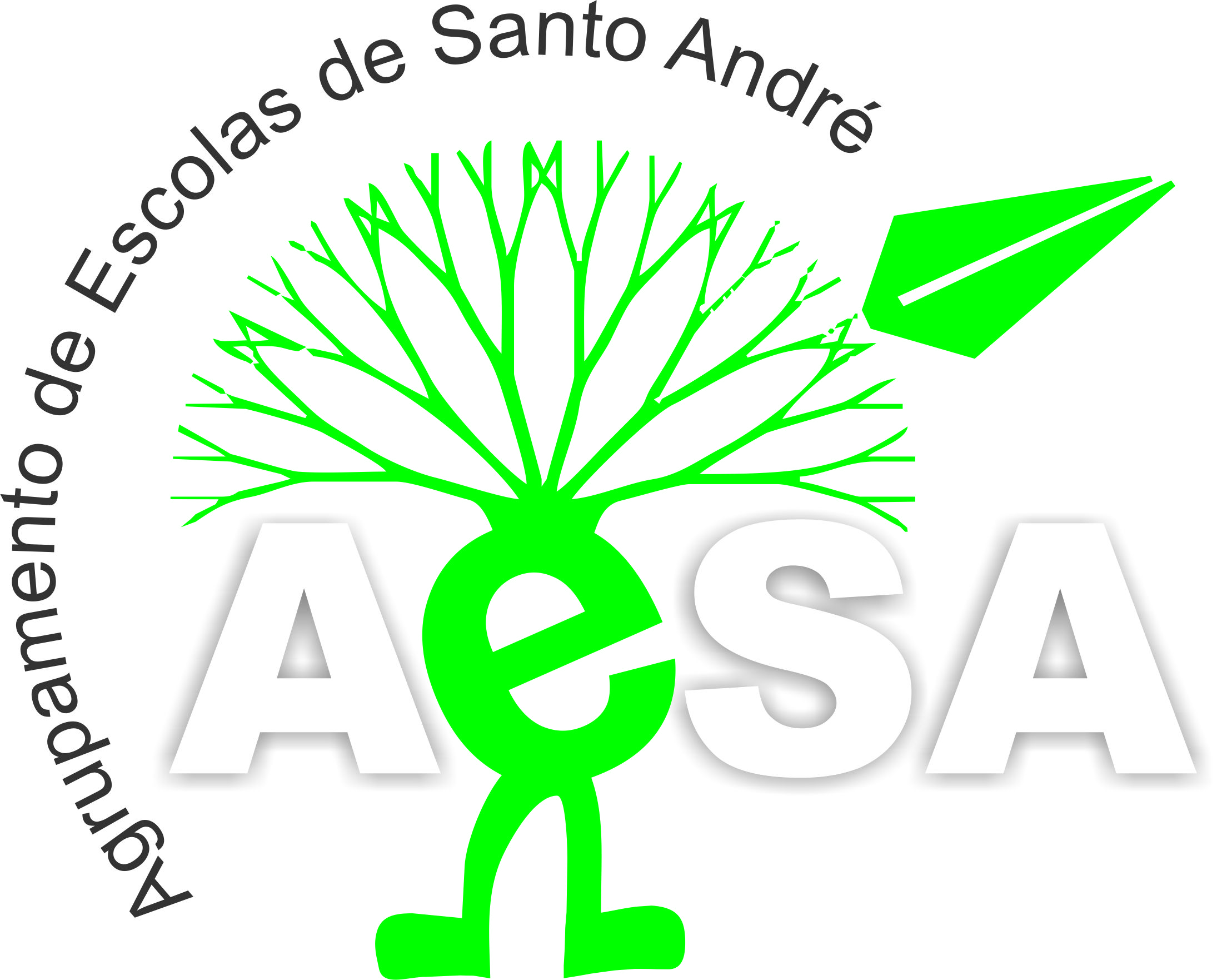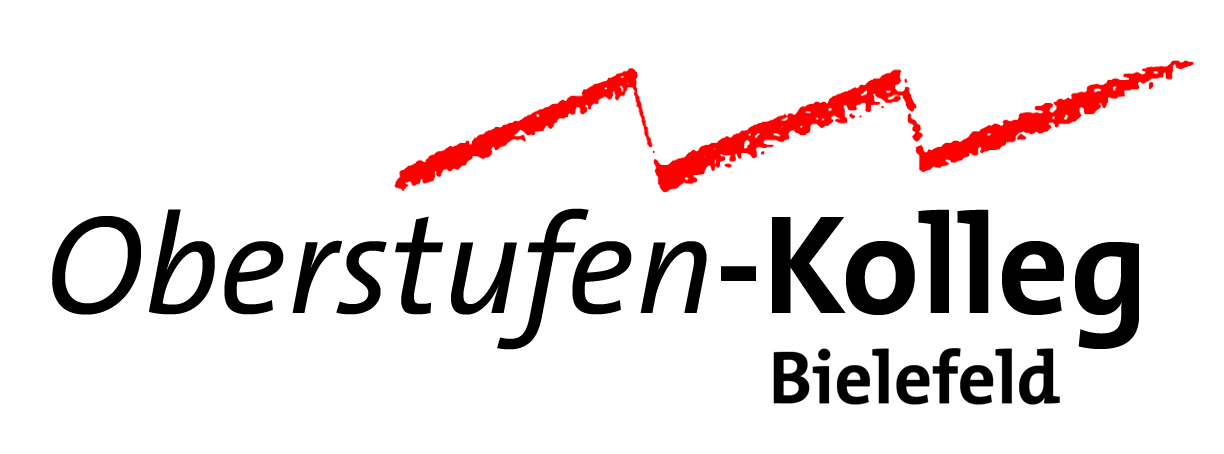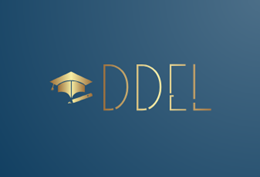THE TEAM
of the GATE project
GATE is a project involving eight partners from six European countries.

LAND Impresa Sociale srl
Italy

KMOP
Belgium

AESA
Agrupamento de Escolas de Santo André
Portugal

Laurea University of Applied Sciences
Finland

Oberstufen-Kolleg an der Universität Bielefeld
Germany

DDEL
Greece

INCOMA
International Consulting And Mobility Agency Sociedad De Responsabilidad Limitada
Spain

Zespół Szkół nr 6
Poland
LAND Impresa Sociale s.r.l.
is a Social Agricultural Enterprise founded in December 2021, aimed at developing a center for ecological transition and sustainable agriculture while implementing national and international projects focused on environmental protection and regeneration.
In particular, it has the aim to carry out promotion, development and innovation in agriculture, social inclusion and territorial cohesion, nature based learning, formal and non-formal training.
LAND is engaged in carrying out the following activities:
- initiatives and services aimed at environmental protection and at promoting a wise and rational use of natural resources;
- scientific research;
- social and innovative agricultural techniques;
- education and vocational training, extra-curricular training, undergraduate and postgraduate training;
- organisation and management of cultural, artistic, recreational and tourist activities with a social impact.
Kmop – Policy Center Asbl
KMOP, founded in 1977 in Greece, is a leading civil society organization dedicated to empowering and enhancing the well-being of individuals and communities through social support services, education, research & policy and, raising awareness on current societal challenges.
Over the years, KMOP has broadened its impact to a global scale, maintaining a presence in three countries—Greece, Belgium, and North Macedonia—with permanent offices in Athens, Piraeus, Kifissia, Thessaloniki, Brussels, and Skopje.
At the heart of KMOP‘s work is the commitment to tackle social challenges through evidence-based solutions that foster individual and collective prosperity. Our approach focuses on creating and implementing innovative social programs designed to build self-worth, reduce inequalities, and promote inclusive and sustainable development.
Over the last two decades, KMOP has launched more than 450 social initiatives, positively impacting over 400,000 individuals with the support of both institutional and private donors.
AESA
Agrupamento de Escolas de Santo André
Agrupamento de Escolas de Santo André is situated in Barreiro, Setúbal District, Portugal.
Its historical background is based on an industrial culture that led to Portuguese industrialization in the first part of the 20th century.
Barreiro is South from the river Tagus, 20 minutes away from Lisbon.
AESA is a diverse school cluster that integrates four schools: from pre-primary school to secondary school. Up to the 9th grade general education is provided. From the 10th grade on students can choose from 4 different study fields: Science and Technology; Economy; Arts; Languages and Human Sciences. There are also vocational courses in the fields of Programming and Graphic Design. The secondary school offers evening classes for adults.
There is a big variety of extra-curricular activities, which are integrated in different Clubs (Arts, Science, Mathematics, Geography, Music, Civil Protection, Radio, Theatre, ICT and Robotics, Gardening, Mindfulness, STEAM, Mentoring) and Projects such as: Learning Support, National Reading Plan, National Cinema Plan, Sports and Health, School’s Social Media, eTwinning and Erasmus+ where students can develop their transversal skills, such as citizenship, tolerance, acceptance and respect for others. All this makes AESA a very dynamic institution, culturally and socially.
The participation in European projects has deepened our European spirit and a European conscience that has been turning our institution into a European School. Erasmus+ and eTwinning projects, involving students, teachers and families, have promoted the exchange of good practices at international level.
Oberstufen-Kolleg an der Universität Bielefeld
Along with the Laboratory School, the OS, both founded in 1974, is the oldest and best-known experimental school in North Rhine-Westphalia.
The Oberstufen-Kolleg (OS) tasks include the development, implementation and evaluation of innovative teaching and assessment methods, new and interdisciplinary curricula to improve pedagogical practice through teacher training, publications, and networking.
All teachers can also serve as researchers and trainers. For this purpose, the Academic Institution (AI), anchored at Bielefeld University and headed by Prof. Dr. Martin Heinrich, supports research into school practice with its own academic staff. A joint leadership team of the school and the AI coordinates research activities, comprising approximately five teaching positions. The college has maintained its mission of developing new concepts and researching problems of the upper secondary level and the transition between school and university. Joint management of the school and the AI coordinates research activities, comprising five full-time teaching positions.
DDEL
The Directorate of Secondary Education of Lesvos serves as the official local authority responsible for managing and supervising all matters related to secondary education on the island of Lesvos, Greece.
Operating as a decentralized branch of the Greek Ministry of Education, Research, and Religious Affairs, it ensures that national educational policies are effectively implemented at the regional level. Its jurisdiction extends to general and vocational secondary schools as well as institutions offering adult and lifelong learning programmes.
In fulfilling its mission, the Directorate undertakes a wide range of administrative and pedagogical responsibilities. These include overseeing school operations, coordinating teacher appointments and placements, facilitating curriculum implementation, and supporting the development of educational initiatives and projects.
By maintaining close supervision and providing guidance to schools, the Directorate plays a vital role in upholding the quality and consistency of secondary education across the Lesvos region.
INCOMA
International Consulting And Mobility Agency Sociedad De Responsabilidad Limitada
is a non-formal training and research centre based in Seville, Spain, with over 20 years of experience in EU-funded projects.
It specialises in social innovation and education initiatives aimed at promoting inclusion, employability, and active citizenship, especially for disadvantaged groups.
INCOMA has strong expertise in sustainability-related areas, such as fostering green skills, developing a sustainability-oriented mindset, and supporting the upskilling and reskilling of the workforce in line with the EU’s Pact for Skills.
The organisation actively engages in projects that promote key competences, including digital literacy, entrepreneurial skills, and sustainable development, while also supporting mobility, pedagogical innovation, and international cooperation in education and training.
Laurea University of Applied Sciences
is a distinguished multi-faculty university in the Helsinki metropolitan area. The university has six campuses and about 8,600 students.
Laurea’s proficiency in RDI initiatives encompasses f.ex. sustainable social and health care, circular economy, and co-creation of pedagogical solutions. Laurea has a long history of a multidisciplinary user-driven approach, particularly in the context of living labs for regional development and RDI activities in parallel with the practice-based Learning by Developing (LbD) model. The LbD model integrates students into real-life projects with public organizations, companies, and NGOs, creating efficiently the required work-life competence.
In the GATE Project, Laurea collaborates with the City of Vantaa, Finland’s fourth largest and most multicultural city. Vantaa has a long-standing commitment to integrating the GreenComp principles into the daily operations of primary and secondary schools. Vantaa is a co-owner of Laurea, which has led to a close partnership with numerous development and research entities.
Zespół Szkół nr 6
School Complex No 6 (Zespół Szkół nr 6) is located in the working class district. The school offers mixed ability classes.
The size of these classes ranges from 18 to 20 students including 3 to 5 SEN students. All the students are supported by psychologists at our school.
The school follows a vision of providing a high quality progressive schooling – focusing on all-round development and academics as well. We work on helping our students understand their subjects and we teach them to think so that they learn to face the world through their schooling. The school is devoted to creating responsible world citizens.
Our major goals are to create conditions for comprehensive education and at the same time to help our students reach their full potential and make a successful transition to adulthood and the world of further and higher education, training or work. At Zespół Szkół nr 6 we aim to enable each student to communicate and interact effectively with others and the world around them, value themselves and their own achievements and accept and show tolerance of others, participate in and contribute to the wider social community and last but not least lead a safe, happy and fulfilling lifestyle. We are particularly strong at meeting the needs of children with complex and multiple special education needs, many specific medical conditions and syndromes, Austism, complex speech and language difficulties, deafness, physical disabilities and the needs of the emotionally vulnerable.
